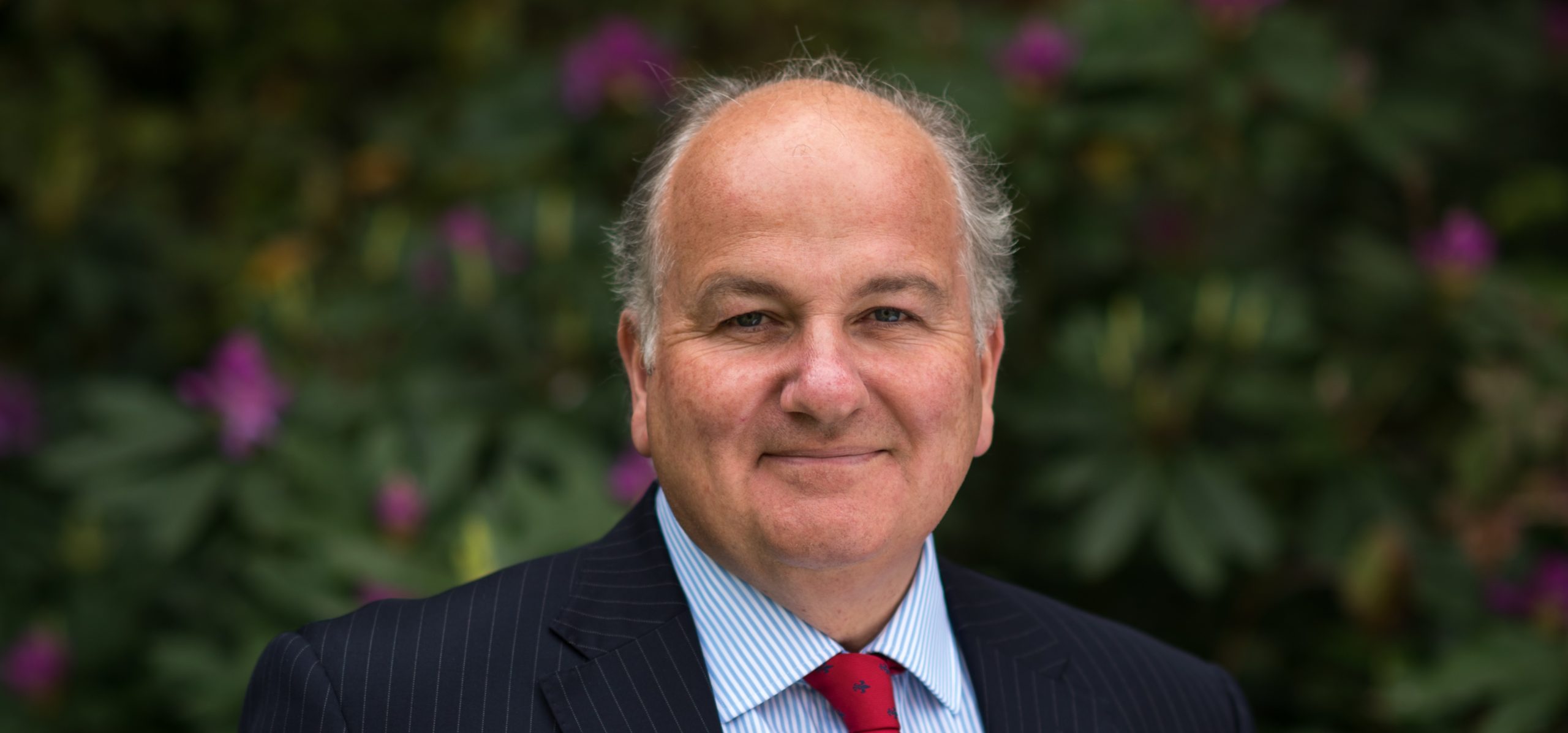The quick answer
If your business is insolvent you risk being pushed into liquidation (for a company) or bankruptcy (sole trader or partners). This means your business is forced to close, all staff are made redundant and the assets will be sold to pay the business creditors.
If you are trading whilst insolvent, you may also be committing offences including wrongful or fraudulent trading because you are risking other people’s money, not your own, so the law will take a much closer look at what you are doing.
In more detail
INSOLVENT TRADING
If you trade as a limited company, any creditor owed more than £750 can petition for the winding up of your business. This means you would go into compulsory liquidation and will have to deal with the Insolvency Service – a Government Agency.
Prior to liquidation a winding up petition will be advertised in the London Gazette and this will mean you have to stop trading (before the liquidation date) and the company’s bank account will be frozen. During this time, assets may not be removed or sold and all dispositions are void.
In liquidation your premises are closed down. All employees will be laid off and you must stop trading. The business assets will be removed and sold to help pay creditors.
THE PURPOSE OF LIQUIDATION
The purpose of liquidation is to sell your business and assets to pay pack all or part of your creditors. This process can take up to a year or potentially longer. During this time the conduct of the directors or shadow directors will also be investigated.
The investigation process may lead to you being struck off or banned as a director. If you are found to have been wrongfully or fraudulently trading, you may also have to personally contribute to the losses to help pay back creditors.
A misfeasance claim brought by a liquidator against the directors can also be an issue. This is a catch all claim for breaches of your fiduciary duty to a company.
In these situations you should take good legal advice as you may have a valid defence.
If you trade as a partnership or as a sole trader, you will be personally liable for all of the debts, so wrongful or fraudulent trading does not make a difference. You can, however, be given a bankruptcy restriction order (“BRO”) lasting up to 15 years. This means that your bankruptcy is not necessarily annulled after 12 months and you will stay bankrupt.
Your assets will be sold to pay your creditors and you may have to make a monthly payment out of your income called an Income Payments Agreement if you have surplus income.
a word of advice
The more serious cases of wrongful trading and of directors being banned (or bankruptcy restriction orders) are applied when the business owner just has no regard for anyone else and continued to run up liabilities with no real chance of paying them back.




